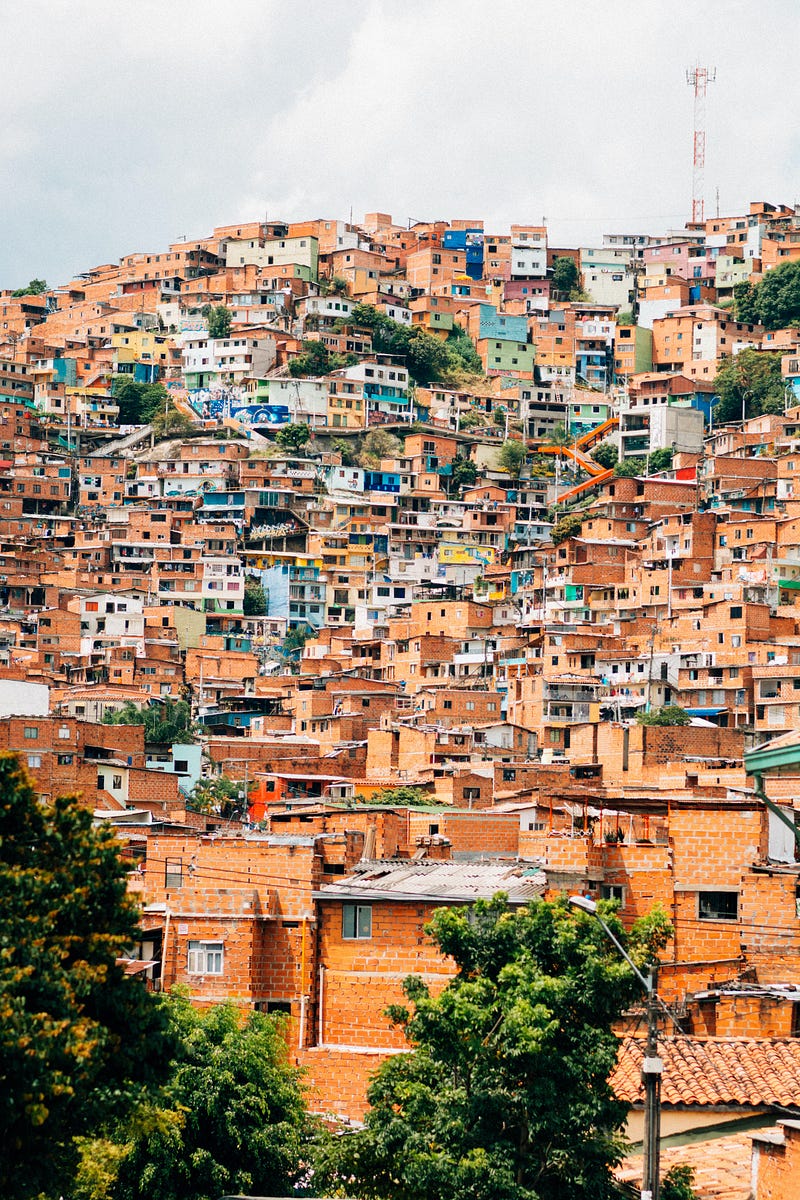# Innovative Strategies to Combat Dengue: Vaccinating Mosquitoes
Written on
Chapter 1: The Dengue Challenge
Dengue fever has posed a significant public health challenge, particularly in Colombia. In 2023, the nation recorded over 131,000 suspected dengue cases, marking it as a critical area for exploring new intervention strategies. Notably, Colombia's Aburrá Valley experienced a remarkable 95% drop in dengue cases after the release of mosquitoes infected with Wolbachia bacteria in three cities.
Despite being a viral infection primarily transmitted by Aedes aegypti mosquitoes, dengue fever often presents with high fever—sometimes reaching up to 40ºC (104ºF)—accompanied by skin rashes and flu-like symptoms. While many individuals may experience mild or asymptomatic infections, about 5% can develop severe dengue, a potentially life-threatening condition.
Section 1.1: Understanding Severe Dengue
The critical phase of severe dengue typically occurs three to seven days after the onset of symptoms, coinciding with a reduction in fever. Patients may experience severe abdominal pain, persistent vomiting, rapid breathing, and bleeding gums during this time. Monitoring is crucial as the risk of vascular permeability increases, leading to plasma leakage and potentially causing dengue shock syndrome.
Subsection 1.1.1: The Risks of Dengue Hemorrhagic Fever

With no specific antiviral treatment available, symptom management typically involves paracetamol, while non-steroidal anti-inflammatory drugs (NSAIDs) are avoided due to their blood-thinning properties. Fluid therapy becomes essential, especially for those in critical condition, as it can drastically reduce mortality rates.
Section 1.2: The Need for Innovative Solutions
Traditional methods to combat dengue, such as mosquito nets and swamp draining, have proven ineffective against Aedes mosquitoes, which are adapted to urban environments and are active during the day. Additionally, insecticides have become less effective due to mosquito resistance, and the existing vaccine, Dengvaxia, is only suitable for individuals with a prior dengue infection.
Chapter 2: A New Hope with Wolbachia
In a groundbreaking approach, scientists from the World Mosquito Program have introduced Wolbachia-infected Aedes mosquitoes to combat dengue transmission. This common insect bacterium enhances the mosquitoes' resistance to viral infections, effectively acting as a vaccine.
Dengue Fever and Mosquitos: How to Protect Yourself - YouTube
This video provides insights into dengue prevention and the role of mosquitoes in its transmission.
The World Mosquito Program has successfully released approximately 88 million Wolbachia-infected mosquitoes across various sites in Colombia, which has led to a significant decline in dengue cases. By 2017, Wolbachia prevalence reached 60% in the wild mosquito population, marking a turning point in the fight against dengue.
Dengue and Chikungunya in Our Backyard: Preventing Aedes Mosquito-Borne Diseases
Learn about the importance of preventing mosquito-borne diseases in our communities.
This innovative method has shown tremendous success, with reported reductions in dengue incidence by as much as 97% in specific areas. While previous trials have also reported success in countries like Australia and Indonesia, Colombia's initiative stands out as the largest sustained release of Wolbachia-infected mosquitoes to date.
Author's Note: Reflecting on my initial writings about dengue in 2021, it is encouraging to witness the World Mosquito Program's ongoing efforts to combat this disease globally. Their continued success inspires hope and progress in the fight against dengue. If you found this exploration informative, consider checking out related resources below.